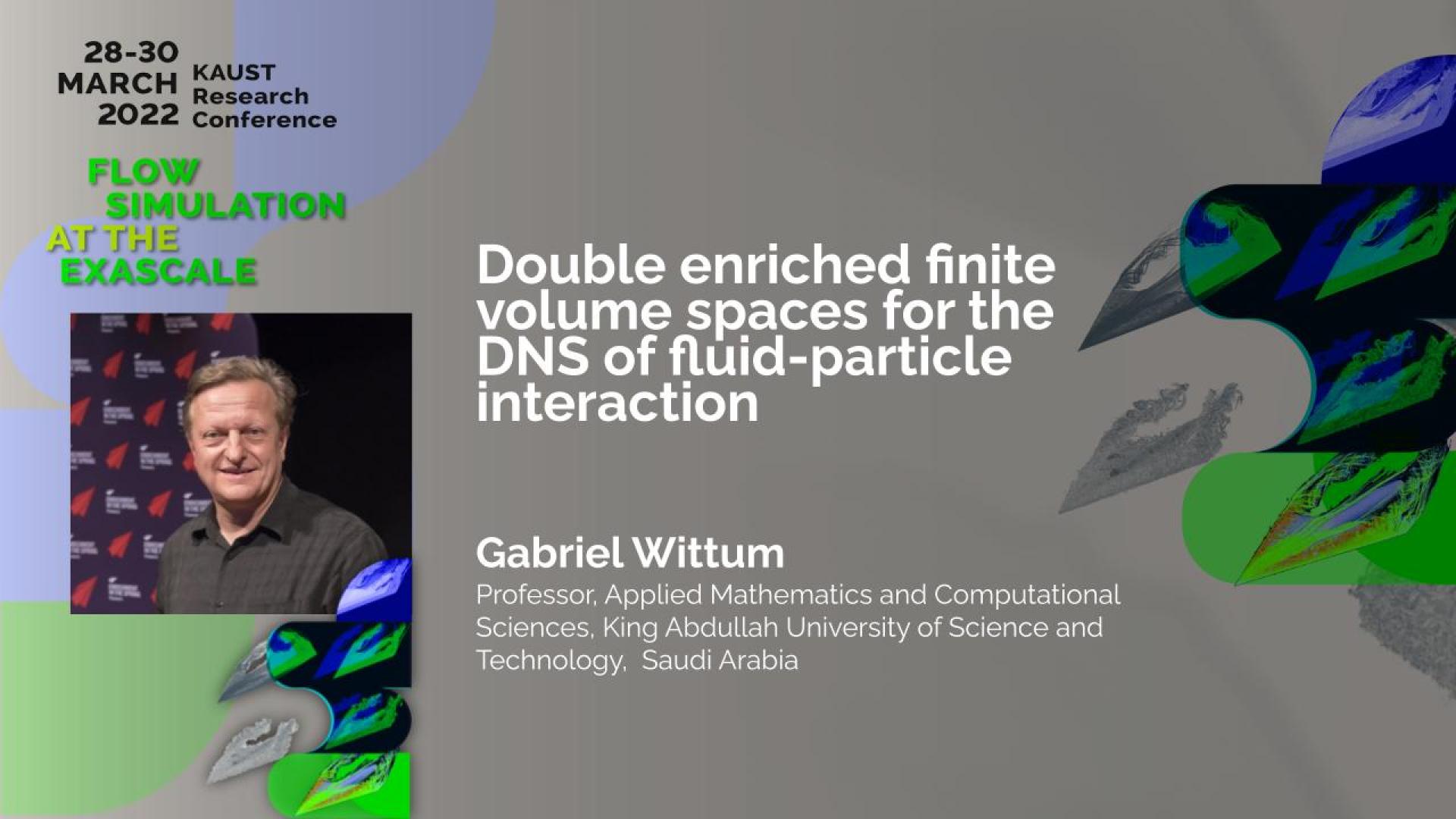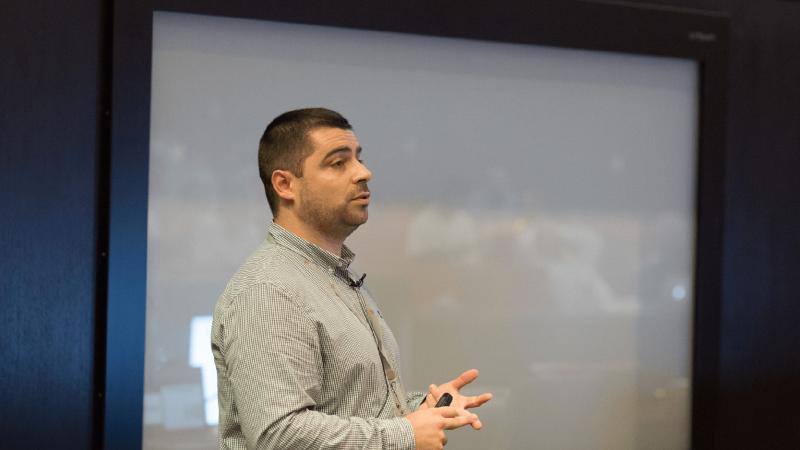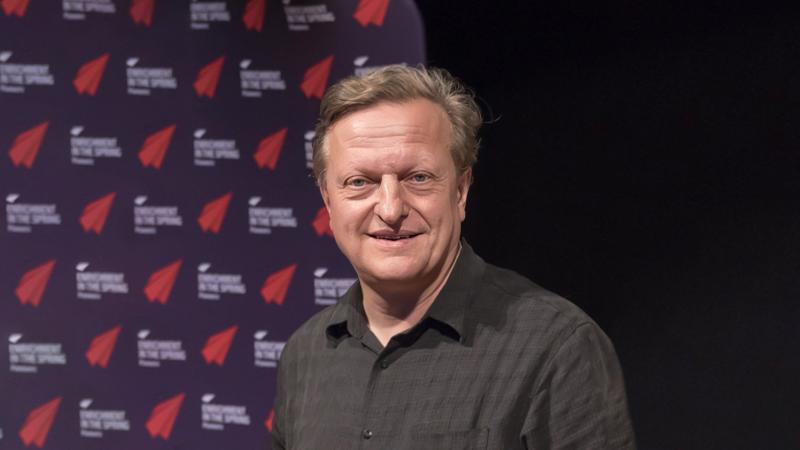Abstract
We present double enriched finite volume spaces for the simulation of free particles in a fluid. This involves forces beeing exchanged between the particles and the fluid at the interface. In an earlier work we derived a monotithic scheme which includes the interaction forces into the Navier-Stokes equations by direct coupling. In multiphase flows oscillations and spurious velocities are a common issue. The surface force term yields a jump in the pressure and therefore the oscillations are usually resolved by extending the spaces on cut elements in order to resolve the discontinuity. For the construction of the enriched spaces proposed in this paper we exploit the Petrov-Galerkin formulation of the vertex-centered finite volume method (PG-FVM). From the perspective of the finite volume scheme we argue that wrong discrete normal directions at the interface are the origin of the oscillations. The new perspective of normal vectors suggests to look at gradients rather than values of the enriching shape functions. The crucial parameter of the enrichement functions therefore is the gradient of the shape functions and especially the one of the test space. The distinguishing feature of our construction therefore is an enrichment that is based on the choice of shape functions with consistent gradients. These derivations finally yield a fitted scheme for the immersed interface. Numerical tests were conducted using the PG-FVM. We demonstrate that the enriched spaces are able to eliminate the oscillations. We apply the method to the parallel computation of the “Drafting, kissing and tumbling” benchmark.
Brief Biography
Dr. Wittum studied Mathematics and Physics at the University of Karlsruhe (Diploma 1983) and got his PhD (Dr. rer. nat.) from the University of Kiel (1987). At the University of Heidelberg he did his habilitation (1991) and got his first professorship in Numerical Analysis. He then was director of the Institute for Computer Applications at the University of Stuttgart (1994-98) and of the Simulation in Technology Center at the University of Heidelberg (1998-2008). In 2008 he moved to the University of Frankfurt as Director of the Gauss Center of Scientifc Computing (G-CSC). His scientifc interests are developing models, methods and software tools for the efficient detailed simulation of problems from the empirical sciences. In particular topics like fast solvers for large systems of equations, multiscale numerics and homogenisation, natural discretisation methods, inverse modelling and optimisation and the development of simulation software systems. He also works on numerical methods for high dimensional problems, numerical geometry and visualisation. His research contributes to Computational Medicine, Pharmacy and Neurosciences as well as Economics, Environmental Science and Energy Technology.


